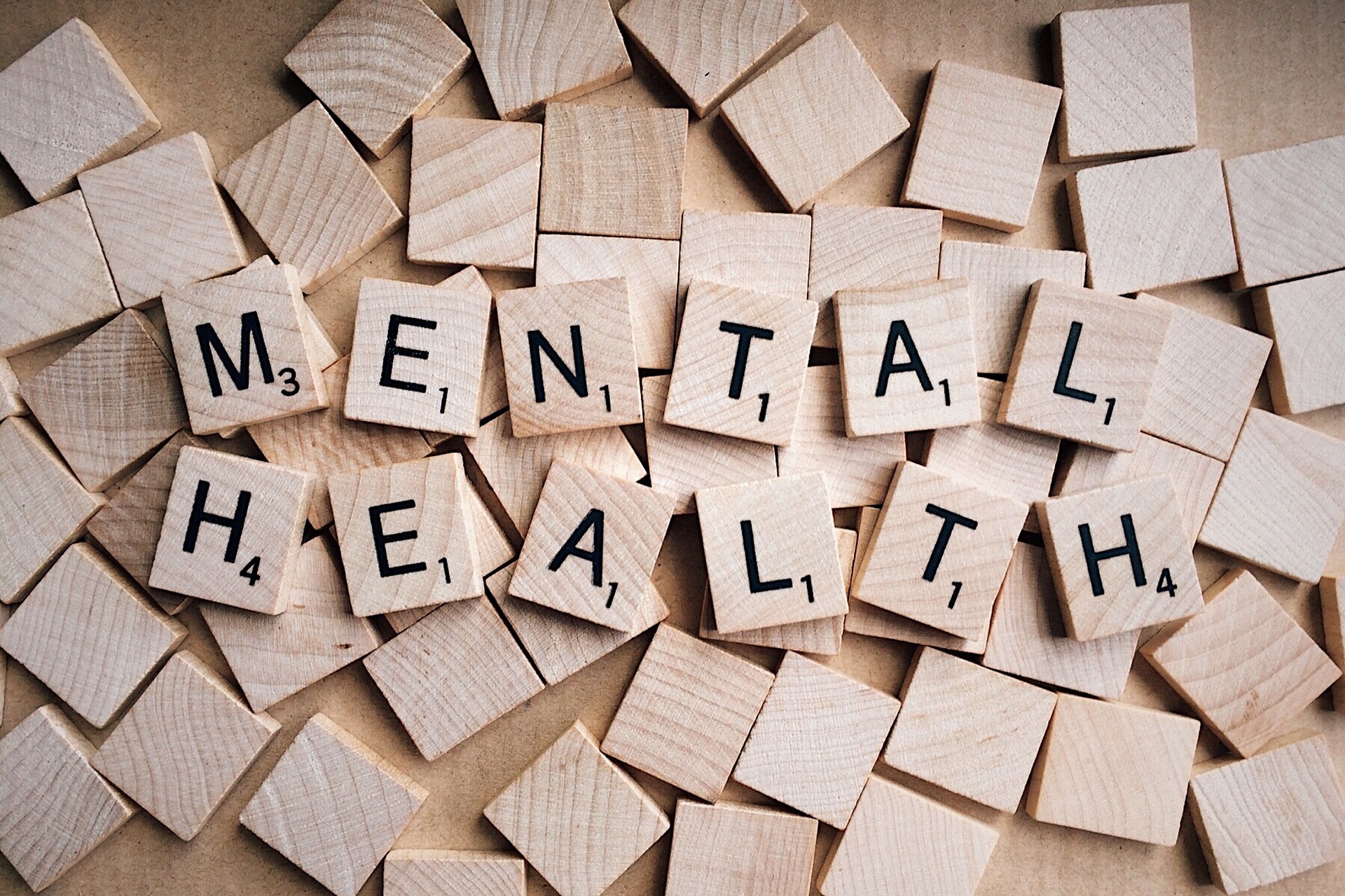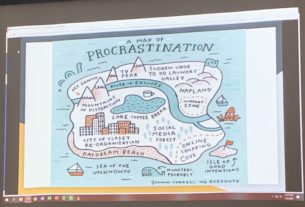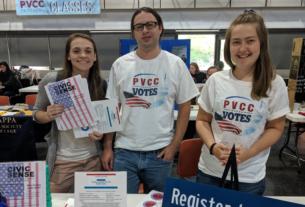
The Maze of the Mind: Mental Health on College Campuses
The struggle with mental health takes many forms. People can be held in its tight grasp one day then feel like nothing is wrong the next. Everyone experiences it differently. According to John Hopkins Medicine over 25% of adults in America suffer from poor mental health and almost 10% struggle with some form of depression.
David Lerman, director of student success and retention at PVCC, said, “Many students at PVCC do struggle with mental health issues … during my twenty plus years here supporting students, I have certainly seen a lot struggling with these issues.”
Mental health problems, which more and more people face every day, take many forms from anxiety to depression and insomnia. In college, students must navigate social life, assignments, deadlines, and self-discovery.
Lerman suggested two things to help handle anxiety and stress, “One, try to stop yourself from making things worse by avoiding problems and stressors, [instead] try doing something about them … Doing assignments when assigned instead of procrastinating, simple as it sounds, actually reduces stress and moves people forward in their academics.”
The second thing Lerman recommended was to try and reduce time spent on computer and phone screens. “Studies show that college students are spending 8-10 hours per day on their screen, many checking social media accounts more than a hundred times during the day,” Lerman said. He recommends that students “Limit that to twice a day, maybe three times a day, and not within an hour of the time you go to bed because it affects sleep. Get some exercise, go outside, engage in face-to-face contact with people, have real conversations.”
PVCC offers resources as well. TimelyCare is a new tele-health program that is free for students to explore and reshape their mental health. It supplies support, counseling, group yoga, and meditation sessions, and more information can be found on the PVCC mental health services page. There are many resources online like 7 Cups which provides a free counseling and support site, Substance Abuse and Mental Health Services Administration’s (SAMHSA) National Helpline at 800-662-4357, and emergency resources online as well like the National Suicide Prevention Lifeline at 800-273-8255.
“Whether we’re talking about psychosis or schizophrenia, stress or anxiety, or other debilitating mental stress disorders, the struggle is very real. And unfortunately, despite gains in recent years, mental illness still very much carries a stigma,” Lerman said.
On the National Alliance on Mental Illness website it said “Suicide is the 2nd leading cause of death among people aged 10-34 in the U.S.” yet talking about mental health and receiving treatment is much rarer than it should be. MentalHelp.net found that “approximately 60 percent of adults with a mental illness don’t receive any mental health services.” Many people go untreated and unheard because they do not know how to reach out, do not have support, or simply do not believe they need help. But asking for help is not a weakness.
After being asked what he would tell anyone struggling with mental health, Lerman encouraged students saying, “You are very much not alone and there are people who can help. It’s not easy to change but it can be done, and it can radically improve your life.”
He instructed people to seek professional help if they feel they need it. He asked all those struggling with anxiety, depression, and anything else to stay strong and take courage. Things may be hard, but everyone can change and grow. Unhappiness does not have to hold people in its unyielding grip, everyone can escape it and find their own happiness and truth. Lerman said, “We at PVCC really do care about you – and that includes your mental health.”







